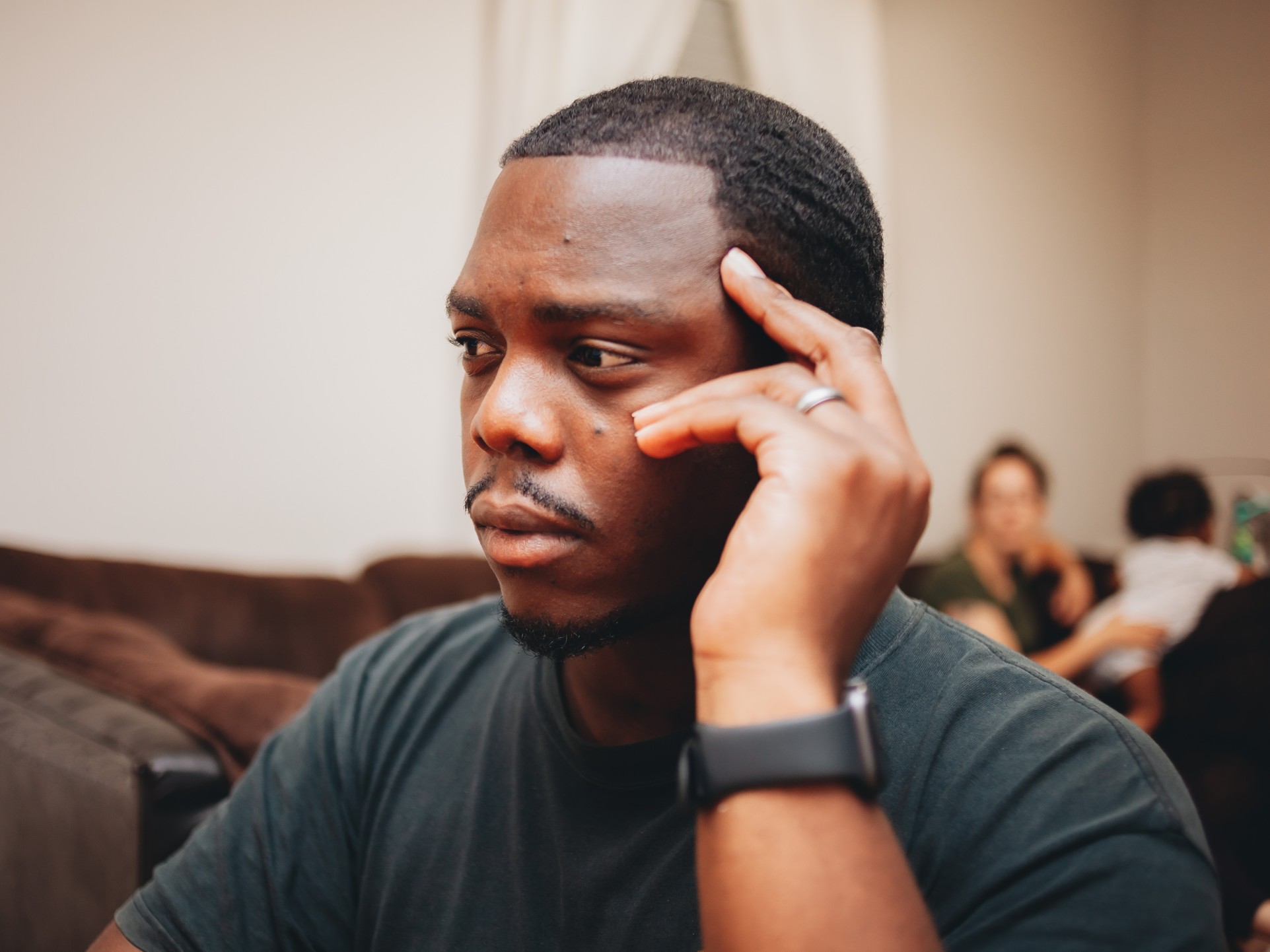According to a story on Debt.org, in 2021 we will see a flood of personal bankruptcies stemming from the COVID-19 pandemic. The dire prediction is coming from bankruptcy attorneys and other experts.
During much of 2020, bankruptcies were kept at bay due to temporary assistance which came in a variety of ways. These methods included a stimulus payment, $600 federal weekly unemployment checks, the Paycheck Protection Program, small business loans, and a halt on delinquency collections for certain debts such as mortgage and credit cards. In fact, personal bankruptcies were down 25% in Q2. However, these events have only delayed the inevitable, experts fear, and will catch up once federal assistance ends.
Corporate bankruptcies are rising ahead of personal bankruptcies. A Chamber of Commerce poll estimated that 43% of small businesses had closed by mid-2020. Of course, many of those small businesses were small proprietorships, which may translate to a personal bankruptcy down the road. Also threatened are larger organizations such as department stores, hotels, cruise lines, rental-car companies, airlines, chain restaurants and movie theaters. According to the American Bankruptcy Institute, Chapter 11 bankruptcy filings in the commercial sector were up 30% between April and May 2020.
Personal Bankruptcy Poised to Rise
Chapter 7 bankruptcies, the most common type of personal bankruptcy filing, reached its height in 2010, after the 2009 recession (1.1 million). By 2019, filing had been reduced by over 50%, but experts predict that personal bankruptcies will exceed the 2010 level once federal protections disappear.
Vulnerable individuals should consider that they may face the possibility of bankruptcy. They should also avoid a false sense of security which banks and financial institutions are trying to propagate. “We’re all in this together” is a beautiful sentiment, but banks are not motivated by camaraderie or friendship. Once protections for consumers are lifted, banks will quickly return to demanding payment – often from cash strapped, unemployed individuals.
The Stigma of Bankruptcy
Therefore, many people are considering bankruptcy for the first time in their life – and quite unexpectedly. If you are one of them, it is important to point out that you are not alone. There’s often a stigma associated with bankruptcy, but the universal experience of COVID-19 should help to minimize that emotion.
If a business closes and the owner is forced to bankruptcy – because a government regulation prohibited opening – it is not a personal failure. Bankruptcy is designed and intended to give the honest debtor a fresh start. Individuals who have been affected by the lock-downs and closures are exactly who the Bankruptcy Code is meant to protect. With so many people across the country in the same boat, individuals should feel no shame in seeking the help that is available to them.
Quick Review of Bankruptcy Types
Chapter 7 discharges most unsecured debt, including personal loans and credit cards. The process is typically finished within 6 months. Chapter 7 applies if your average gross monthly income falls below the median figure for your state. While non-exempt assets may need to be sold to pay debt, most assets can be retained.
Chapter 13 establishes a repayment plan which permits creditors to be paid over 3-5 years. No property need be liquidated. Individuals must show regular income to make the required monthly payments.
Chapter 11 is designed for the restructuring or reorganization of a business. Chapter 11 does not require asset liquidation, and businesses can continue operations, but must submit a plan to pay off a portion of their debt – or get it forgiven.
How to Handle Financial Crisis
Experts recommend that if you are considering bankruptcy in the near future, to keep your cash. Spending your money to pay off debts that can be discharged in bankruptcy is not recommended. They also recommend staying as liquid as possible and reducing expenses whenever possible. If you sell a service, be sure you get paid, preferably in cash.
If you have questions about personal bankruptcy, call the Sarasota law offices of Richard V. Ellis. We can help you navigate the complexities of the bankruptcy process and get the debt relief you need.





